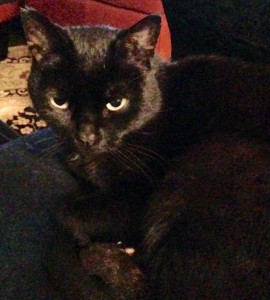 This fall I have discovered that my eyes are aging. This was revealed to me in a moment during pre-dawn walk.
This fall I have discovered that my eyes are aging. This was revealed to me in a moment during pre-dawn walk.
In a previous post I mentioned my early morning walking routine with our dog, Moses. Now that the sun is rising a little later, getting ready for the walk takes a bit longer because it is colder and darker in the mornings. I have a method of determining how many layers I need based on 10 degree increments of temperature. 5:30 am in the New Hampshire autumn means a t-shirt, sweat shirt and light jacket. The pre-dawn light also means that Moses wears a reflector vest and I am adorned with a reflector belt and a head lamp. It is important to see and be seen.
Moses and I are frequently joined by our cat, Simon, who leaves the house with us and waits safely in the field down the street while Moses and I traipse past homes with barking dogs, canines either envious of our outdoor time or defending their territory. Regardless of the reason, Simon waits quietly out of their range until we make our loop and return to cross the field.
On this grey morning when my eyes betrayed me I returned to the field to find Simon waiting. He really is a cute black cat and so faithful to his family so I called to him. “Here kitty, kitty, kitty. Here Simon” Nothing. Simon just sat there. Again “here Simon, here kitty.” Still no movement at all. And as I approached it became apparent. This was not my cat, I was calling to a basketball.
My first thought: “how lucky for me that none of my children are here to witness this gaff of the aging eyes. They would have rolled on the dew dampened grass, laughing and committing to memory the moment mom called a basketball kitty. It is always so good to be a source of laughter for your children.
But my next thought: this would not have happened 5 years ago. Not even in the pre-dawn light would I have made a mistake like this because the truth is, I was just 12 inches from the ball before I realized it would not be meowing and rubbing against my legs.
At 53 my eyes are aging. My glasses are progressives and transitions because I need them for far and near and changing light. Many vision changes occur as we age, primarily and commonly starting with farsightedness when we get north of 40 years of age. Also called presbyopia, this is a normal vision change and is a result of a loss of flexibility in the lens in our eye. The lens is responsible for bending light as it enters the eye to focus it on the retina.
Later change to the lens includes a yellowing which results in distorted color vision. In particular, cool colors of blue, green and violet are filtered out. Looking at a painting or an object set on a table, an item similar in color to its backdrop may be difficult to discriminate. Yellow, red and orange are seen more readily and contrasting colors assist in discriminating object from background.
Between 60 and 70 the lens will begin to become opaque and less light will reach the back of our eye where photoreceptor nerve cells convert the light into electrical impulses to send to the brain. Functionally this means that we will require more light as we age.
Our pupils are designed to open to allow more light in and close in the face of bright light to diminish bright light. As we age this response slows and our pupils do not react quickly to changing light conditions. The classic scenario is one of oncoming traffic at night. Younger eyes will adjust quickly and the lights of the car coming towards us will not pose any difficulty. As our pupils’ reaction time slows we are briefly blinded by the light of the oncoming traffic. By the time our pupils narrow, the car has passed and we are again in the dark.
These are normal vision changes in aging eyes but they will have an impact on aspects of our day to day functioning, first in minor ways when our clothing choices may be just slightly off in color matching or our appreciation for art may miss the finer details, and then in the time of night we feel we need to be back at home. Or, in low morning light when we find we are calling to an inanimate object that we believe to be a faithful pet!


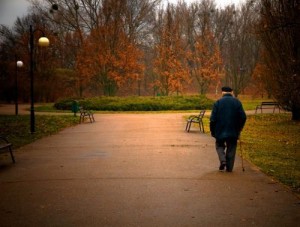
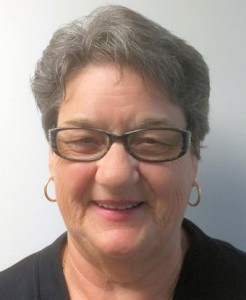
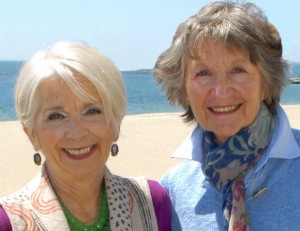

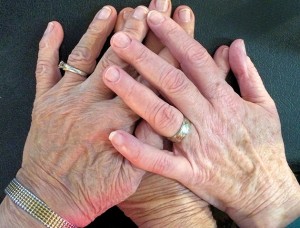
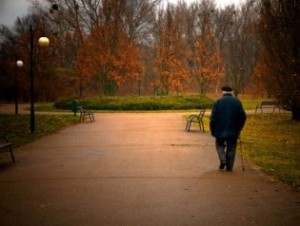
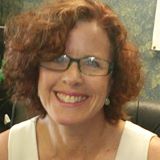
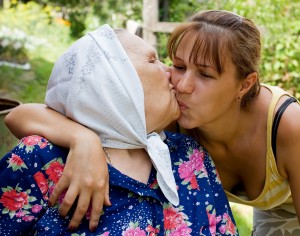
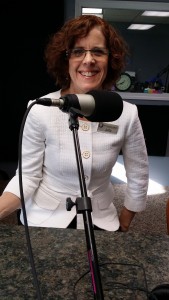
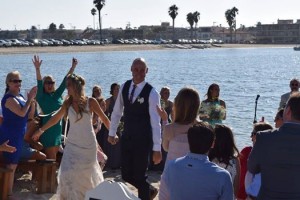
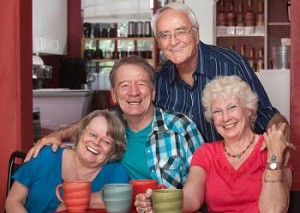
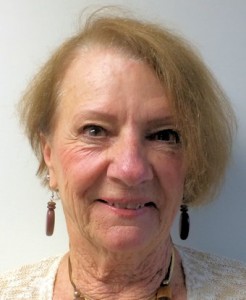
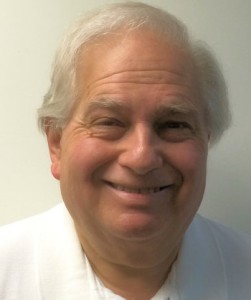
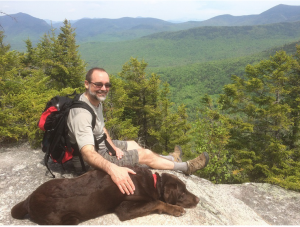
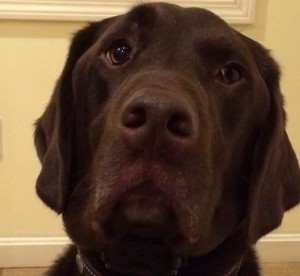 My alarm rings every morning at 5:10, or rather it plays the latest pop music in an attempt to rouse me for the day. Ten minutes later, always hitting snooze once, I rise and our dog, Moses is moving off his bed and taking his first stretch of the day. Within 15 minutes Moses and I are leaving the house for a morning walk. We are among the first up in the neighborhood, a fact I like and one which actually helps to encourage me out of bed. I would rather walk in the quiet of the morning, fog rising off the lake and just one fellow early riser who waves from his porch but knows enough not to break the silence and the peace.
My alarm rings every morning at 5:10, or rather it plays the latest pop music in an attempt to rouse me for the day. Ten minutes later, always hitting snooze once, I rise and our dog, Moses is moving off his bed and taking his first stretch of the day. Within 15 minutes Moses and I are leaving the house for a morning walk. We are among the first up in the neighborhood, a fact I like and one which actually helps to encourage me out of bed. I would rather walk in the quiet of the morning, fog rising off the lake and just one fellow early riser who waves from his porch but knows enough not to break the silence and the peace.